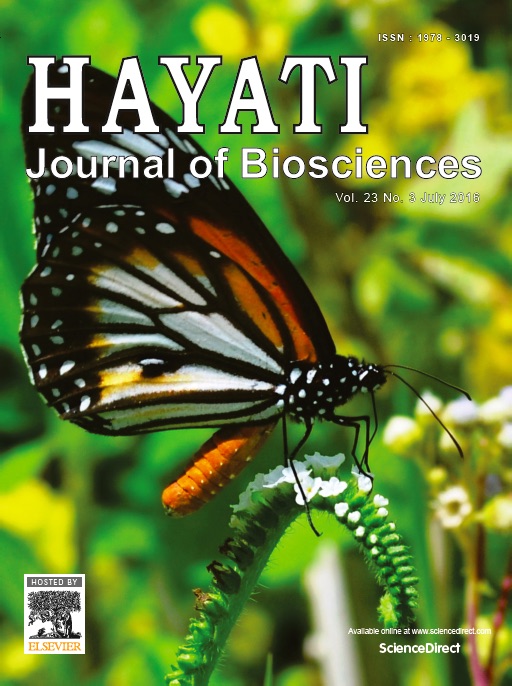Cognitive Style and Creative Quality: Influence on Academic Achievement of University Students in Indonesia
Abstract
Reasoning is a process to solve the problem. This process needs cognitive functions in thinking, learning, and making decision. Cognitive style is a term to explain human natural preferences in gathering and processing information. Humans appears to reason using two cognitive processing styles; the first system is called as intuitive thinking style that is spontaneous, effortless, and without conscious search, whereas the second system is called as reflective or analytical thinking that works in a deliberate, analytical, procedural, and controllable process. In human context, sometimes people encounter difficult problem or unknown situation that have to be coped by ideas that are both novel and adaptive to the task constraints. People who solve the problem successfully are called creative. Creativity is the base to enhance competitiveness among students that might result in good academic performance. The present study examined cognitive style and creative quality in affecting academic achievement of university students in Indonesia. The result showed that students who used analytical thinking tended to have higher academic success, especially in life science majors. Moreover, it was found that students would need to materialize their creative potential to reach greater academic achievement in demanding classes; for instance, the final year of undergraduate program.Downloads
HAYATI J Biosci is an open access journal and the article's license is CC-BY-NC. This license lets others distribute, remix, tweak, and build upon author's work, as long as they credit the original creation. Authors retain copyright and grant the journal/publisher non exclusive publishing rights with the work simultaneously licensed under a https://creativecommons.org/

























.png) IPB University
IPB University Department of Biology
Department of Biology The Indonesian Biological Society
The Indonesian Biological Society 

